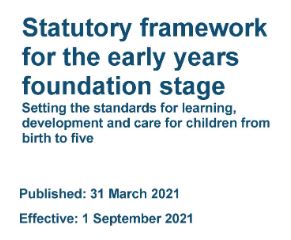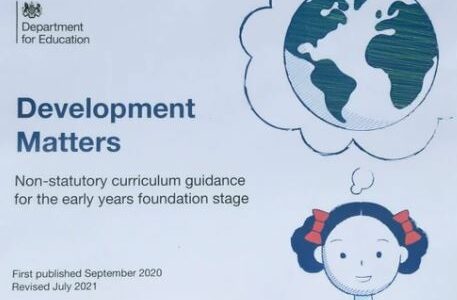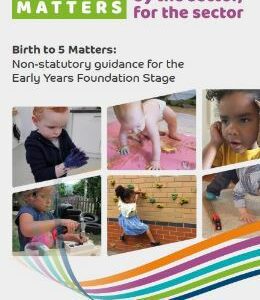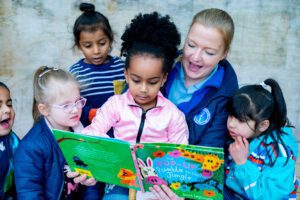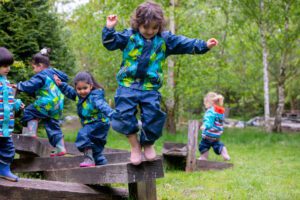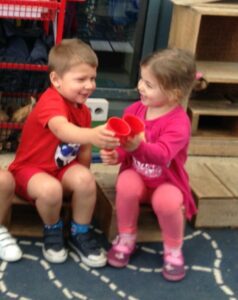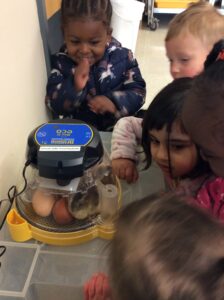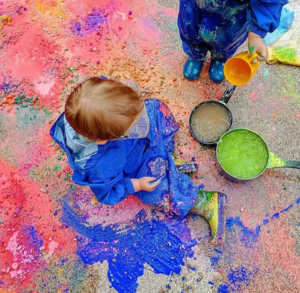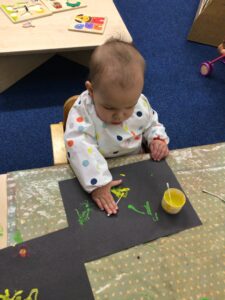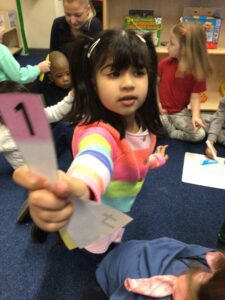Our curriculum is the EYFS for children up to age 5. EYFS, short for Early Years Foundation Stage, is a series of guidelines on the learning and development of children up to five years old. It is for all children, including those with Special Educational Needs and Disabilities, and our children will complete the final year of this curriculum as Reception, sometimes called Foundation Two, in primary schools.
Click on the icons below to find the statutory and non-statutory guidance used at nursery. These offer more detail to the overview of the areas of learning described below.
The four core principles of the EYFS are:
- Unique Child – recognises that every child is unique and can be resilient, capable, confident and self-assured
- Positive Relationships – describes how children learn to be strong and independent
- Enabling Environments – describes how children learn in environments which respond to their individual needs and there is a strong bond between practitioners and parents and carers
- Learning and Development – recognises that children learn and develop in different ways
Through play in a secure but challenging environment with effective adult support, children learn these defined areas of learning. Click the photo for more information
Our direct instruction is based on the Characteristics of Effective Learning:
- Playing and exploring
- Active Learning
- Creating and thinking critically
With this basis, we set up the Nursery learning environment with furniture and resources for children to have rich and stimulating experiences. This high quality learning environment supports children’s confidence and behaviour; social and emotional competence – playing alone, with other children and with adults; Independence – self-selection, being able to find what is needed and to return it; and motivation – self- directed, self-challenged and focused on ideas that matter to them. It provides the structure for direct instruction within which children explore, experiment, plan and make decisions for themselves, thus enabling them to learn, develop and make good progress.
The indoor and outdoor environments are continually reviewed – based on staff observation and reflection, and these allow children sustained periods of time to become engrossed in learning.

